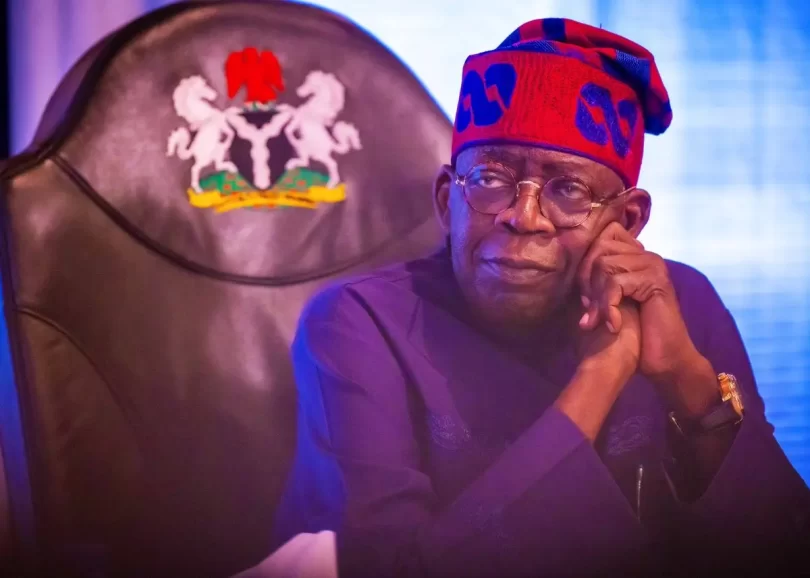The Tinubu administration is targeting a combined fiscal deficit of N30.6 trillion between 2024, 2025, and 2026, according to the information contained in the government’s medium-term expenditure framework (MTEF).
The government plans to incur a deficit of N9.04 trillion in its 2024 budget proposal, representing a fiscal deficit to GDP ratio of 3.83%, higher than the 3% threshold stipulated in the Fiscal Responsibility Act (FRA) 2007.
The massive budgetary expenditure of the Tinubu administration continues the tradition of the last 8 years under the Buhari administration, where most budgets were laden with large fiscal deficits.
However, the N9 trillion fiscal deficit projected for 2024 is significantly lower than the N11.6 trillion budgeted in 2023 (5.18% of GDP).
The government explained that the reason for its large deficit is due to salary reviews of federal workers, which is part of an agreement reached with labour unions.
The government also stated that it plans to bring down the deficit to under 3% of GDP within the “medium term,” even though the budget proposal still projects a fiscal deficit to revenue ratio of 3.89% and 3.92% for 2025 and 2026, respectively.
A breakdown of the budget plans for the three years proposed indicates the government plans budgets of N26 trillion, N27.5 trillion, and N29.4 trillion in 2024, 2025, and 2026, respectively.
According to the government, it plans to finance the deficit via a combination of domestic and external borrowings.
Specifically, it plans to secure fresh new loans of N7.8 trillion in 2023, which will be comprised of domestic and foreign borrowings of N6 trillion and N1.7 trillion.
It will supplement the balance from privatization proceeds and multilateral project-tied loans of N298.4 billion and N941.1 billion, respectively.
In total, the government plans a combined N26.3 trillion in additional borrowing, which could push Nigeria’s debt profile past the N100 trillion mark by the time this administration concludes its first term.
The Tinubu administration’s budgetary plan, targeting a combined fiscal deficit of N30.6 trillion over three years, seems to perpetuate the trend of budgetary deficits prevalent over the last eight years under the Buhari administration.
Debt sustainability concerns: A paramount implication is the potential surge in Nigeria’s debt profile. With the government planning additional borrowing of N26.3 trillion, Nigeria’s debt might eclipse the N100 trillion mark.
But, while the budget bears a significant deficit, understanding the nature of the expenditure is vital. If it’s allocated to capital projects with a high return on investment, the deficit could be justifiable.







